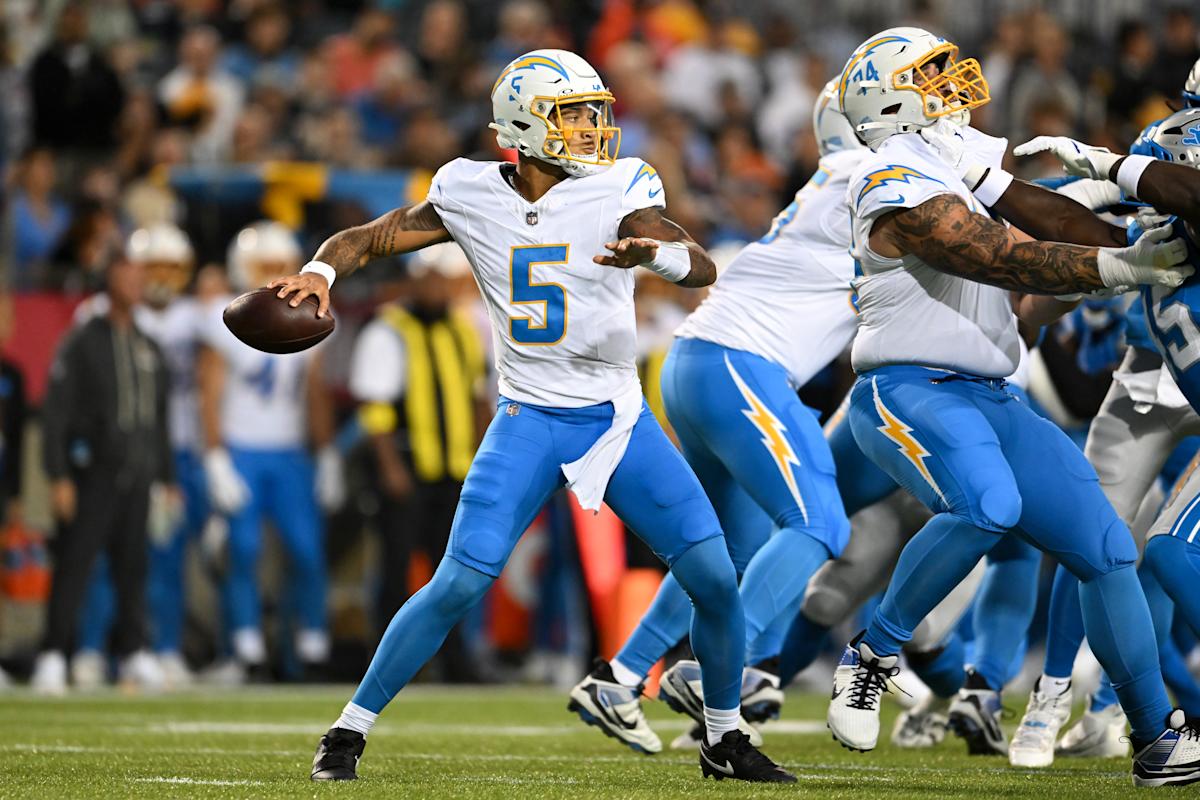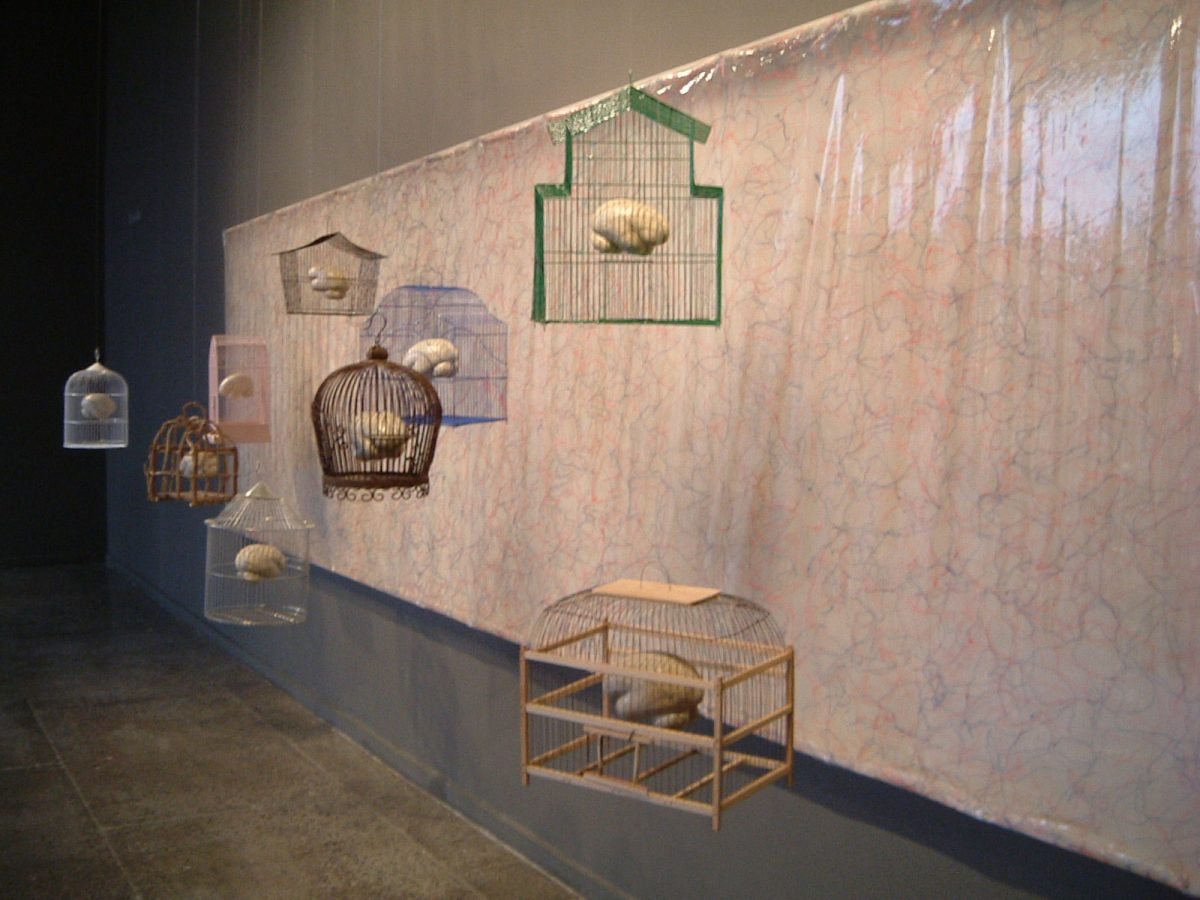The 3M Young Scientist Challenge is an annual competition asking students from fifth through eighth grade to submit a 1-2 minute video for a chance to win not only $25,000, but also exclusive mentorship. Taking in impressive achievements from youth nationwide, this year’s winner was anything but ordinary. Herman Bekele, a current 9th grader at Fairfax, Virginia’s W.T. Woodson High School created a treatment for skin cancer that is both cost-effective and simple: a bar of soap. At 14, this innovation brought him to St Paul, Minnesota, winning the competition along with the title of “America’s Top Young Scientist.”
Bekele’s soap bars target melanoma, a type of skin cancer that develops in melanocytes, cells that produce melanin, a pigment that gives color to the skin. Often caused by UV radiation from sunlight or tanning devices, Melanoma is considered to be the most dangerous type of skin cancer. Explaining his interest in researching the issue, Bekele compared the recovery rates from the cancer between sub-Saharan Africa and the United States, which were 20% and 98% respectively. The main reason behind this discrepancy is simple: access to medical care and funding. In the US, the average annual cost of treatment for Americans is $8.1 billion, and according to Bekele’s submission video, current surgeries and radiation treatments can cost over $40,000 for the average patient.
Moving to the US from Ethiopia as a four-year-old, Bekele said that he has always been influenced by the inequity of access to healthcare, especially since he found the general unawareness regarding the danger of UV rays from the sun a large issue. As stated in his submission, Bekele “was devastated by the amount of preventable deaths caused by this illness and knew [he] had to take action.” Telling MPR News, Bekele noted that his interest in STEM began in elementary school, where Friday free periods gave him an hour to explore coding, circuits, and other inquiries.
Now, Bekele has graduated from his elementary days straight into high-level research. Using CADx and Nano-Lab, Bekele extensively investigated the causes of skin cancer; yet, he decided to simplify the process for the purpose of explaining his product in the submission. Most basically, the dendritic cells are the cells that protect other skin cells by boosting immune response but are weakened when exposed to a skin cancer cell. Using this idea, Bekele created M.T.S. (Melanoma Treating Soap), which includes a mix of traditional soap with salicylic acid, glycolic acid, and tretinoin in a 50:30:20 ratio to each other. All three help to reactivate dendritic cells, as the soap launches receptors into the skin, enabling the dendritic cells to fight cancerous HPV cells. In order to test this soap, Bekele described using a Python-based curve to model how effective the soap was based on the specific skin condition of a subject. Compared to other modern treatments, Bekele’s soap is cheap, totaling only $10 for a pack of 20 soap bars (Lasting 3-4 months).
Importantly, Bekele’s soap was not the only amazingly influential design submitted for the challenge, as other finalist products included microneedle patches for automated drug delivery in patients, medical AI machine learning, and a glove for detecting epileptic seizures. Most plan on continuing this work in the future, and Bekele is no exception. While the teen still needs certification from the FDA and a patent, he hopes to start a nonprofit with the soap entering circulation as early as 2025. As for the prize from the competition, Bekele has said that he hopes to use the funds for his product, as well as to pay for college.



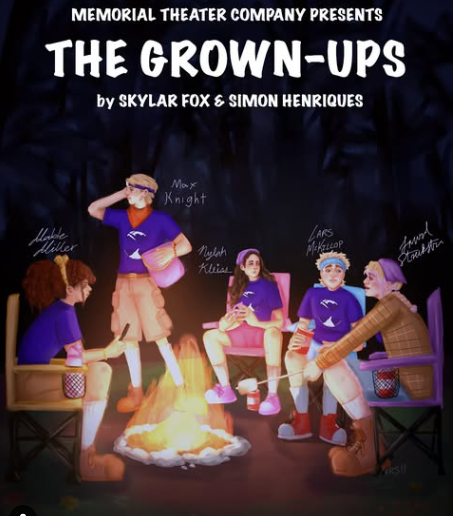








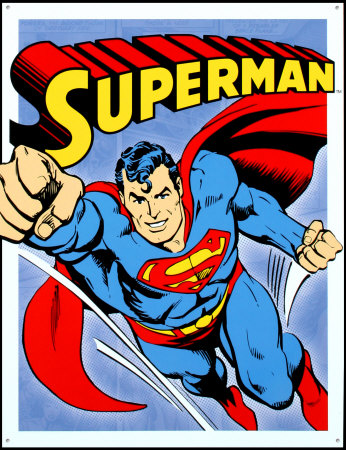
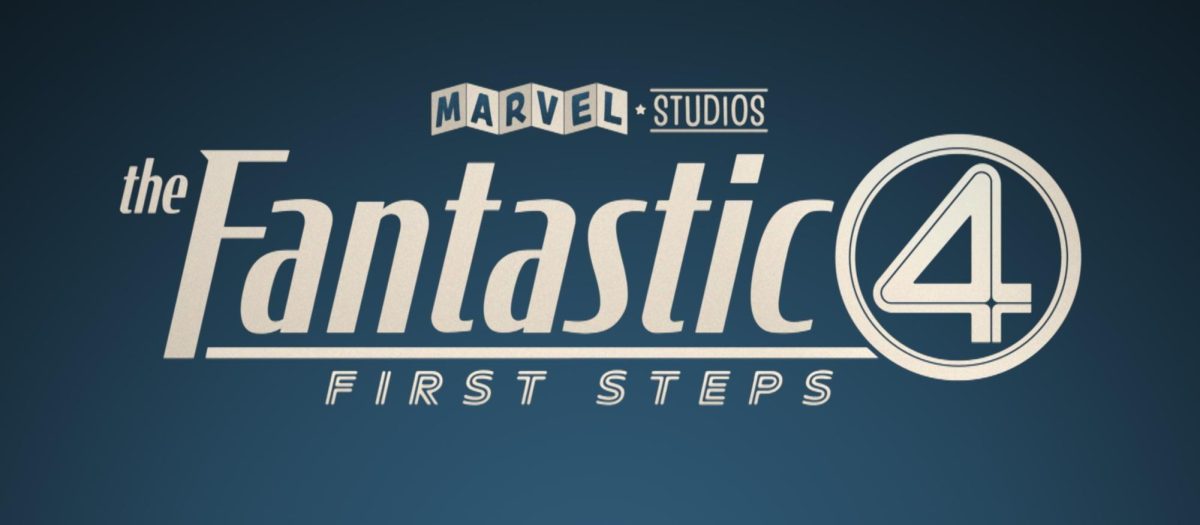











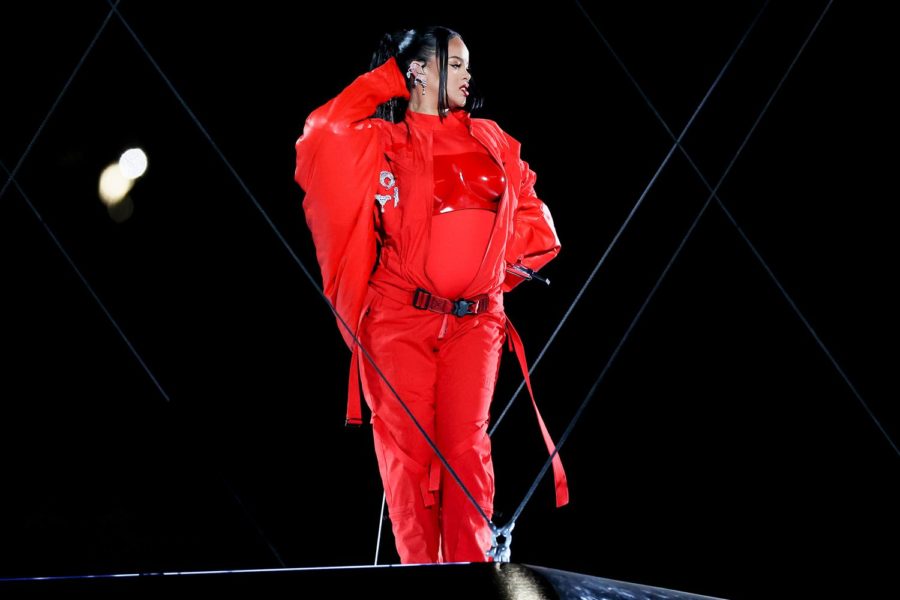


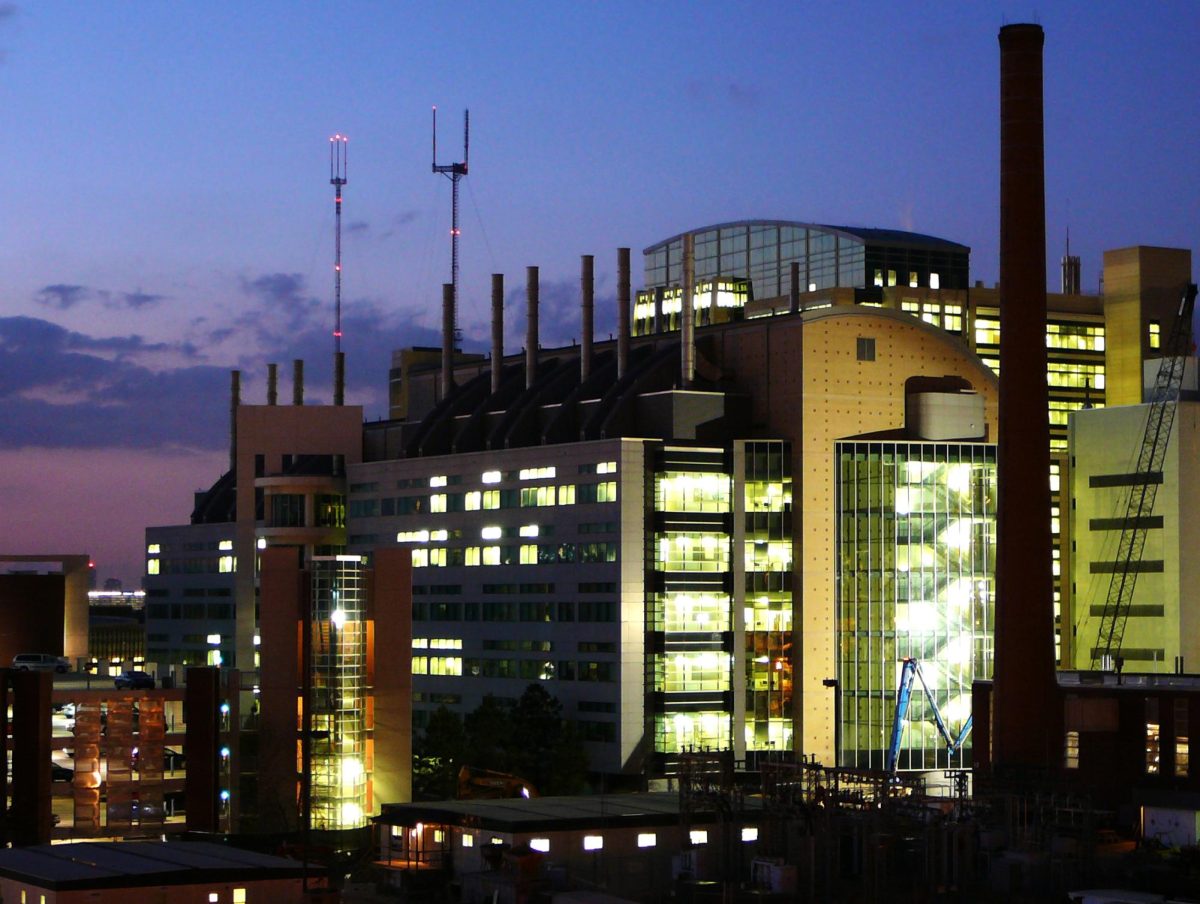
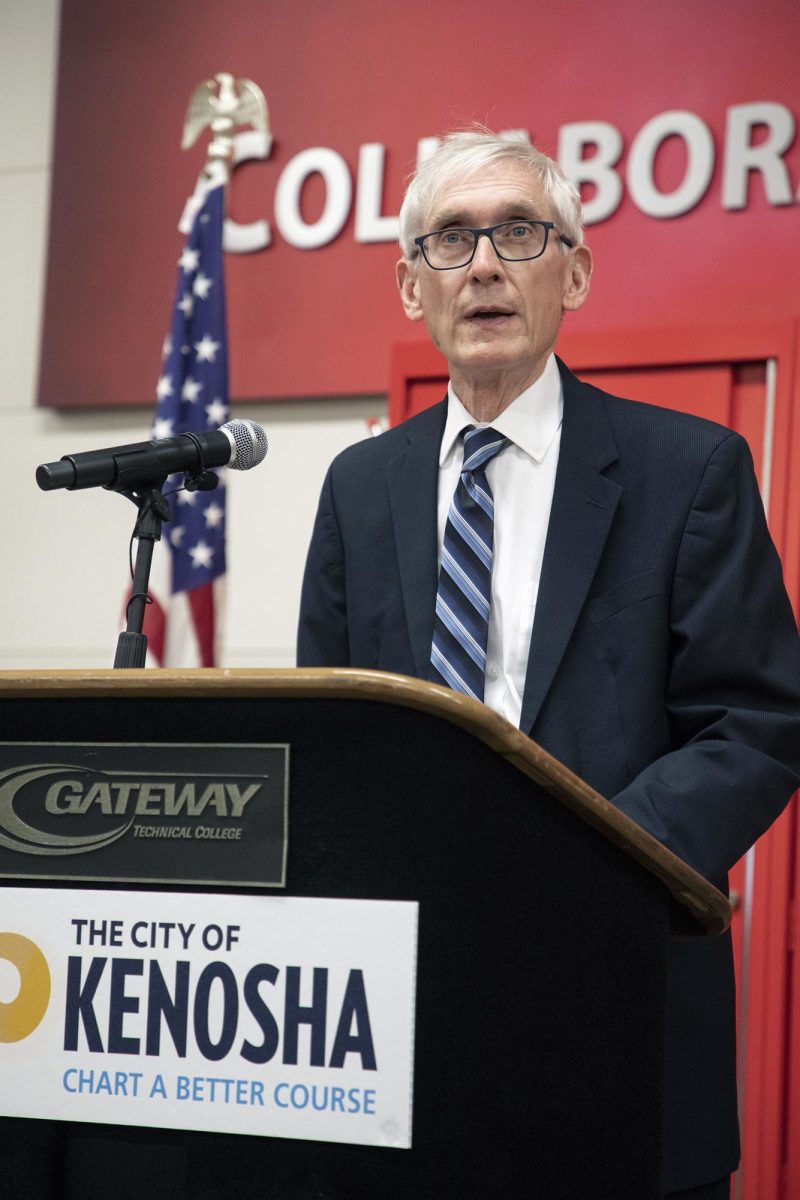

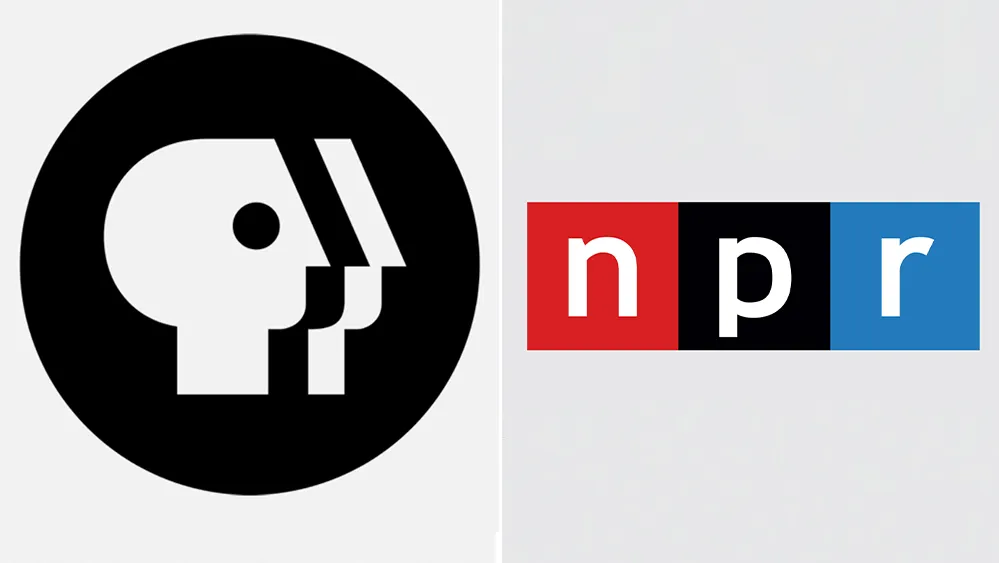
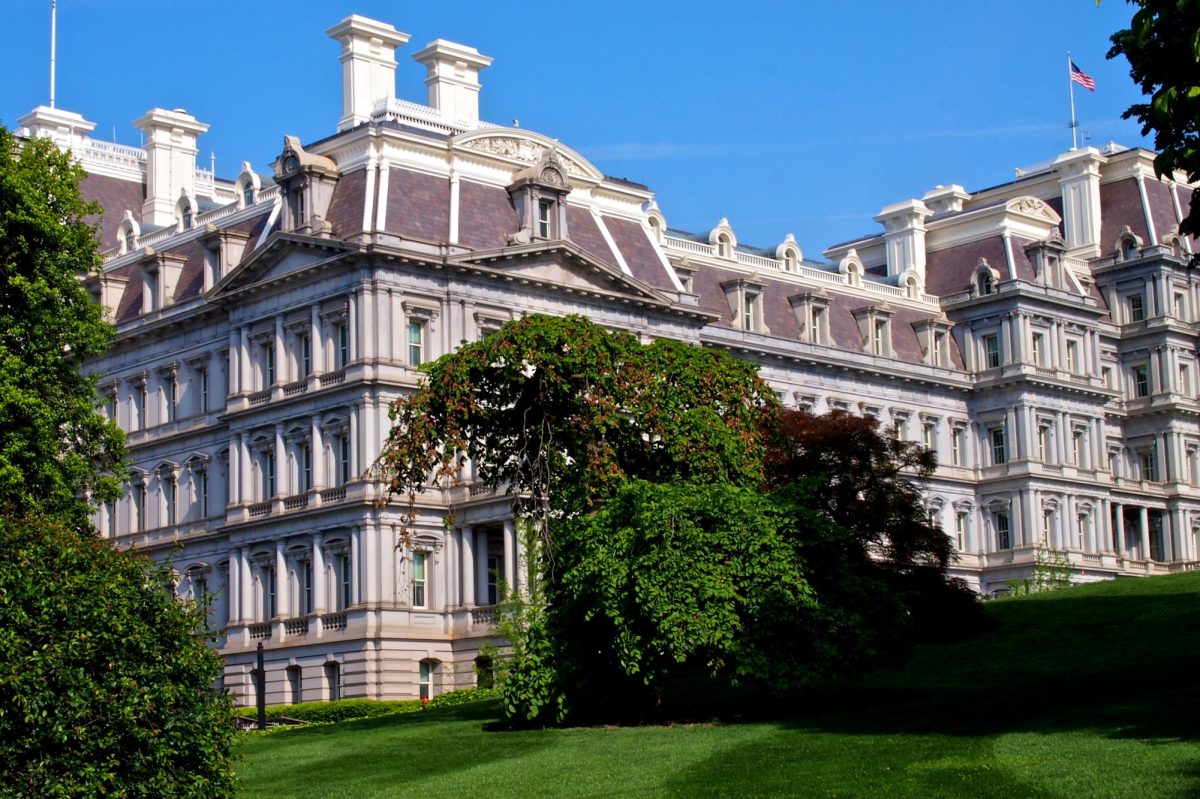




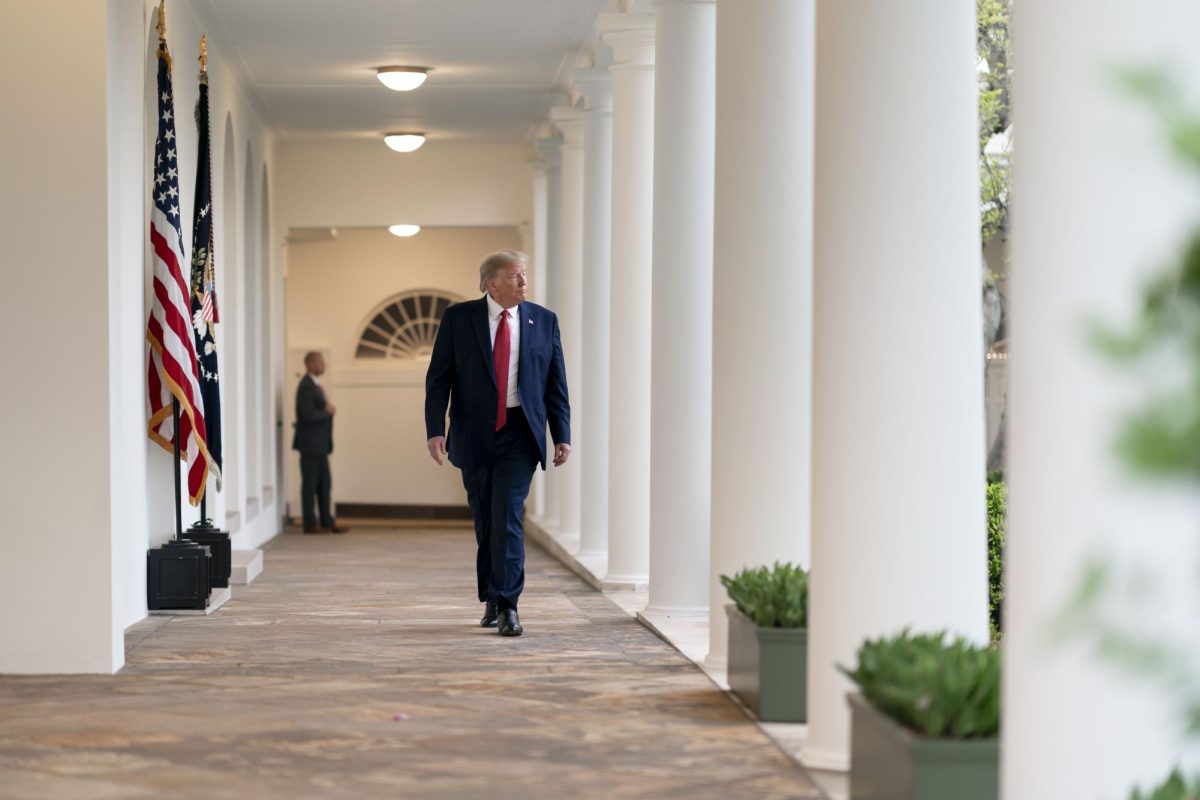


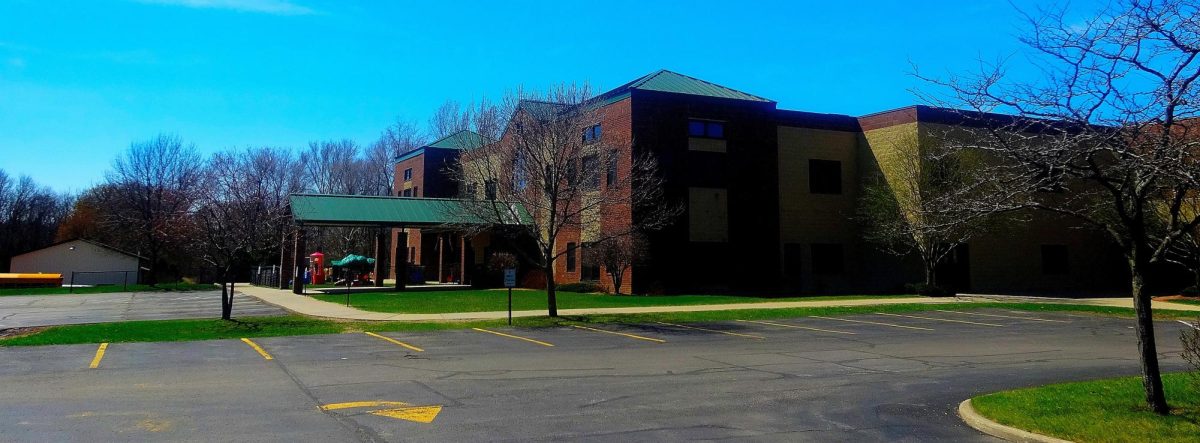
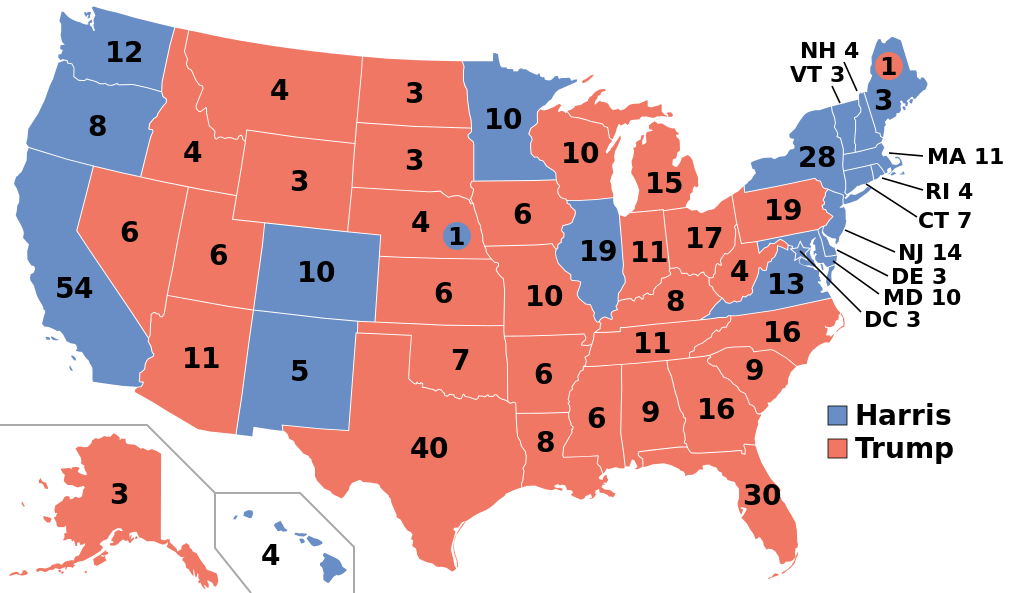
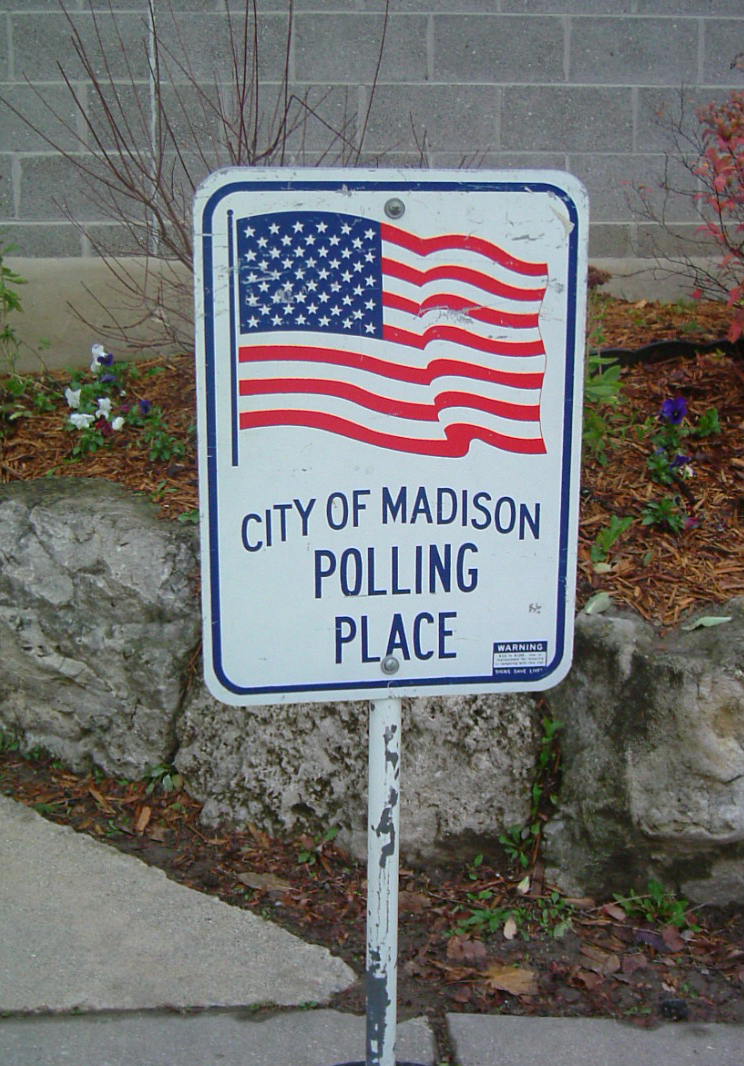






![Image credit to [puamelia]](https://memorialswordandshield.com/wp-content/uploads/2025/08/3435027358_ef87531f0b_o-1200x803.jpg)

